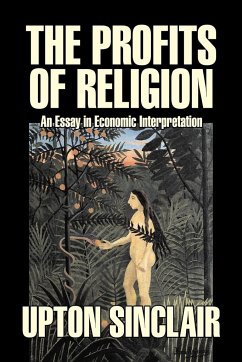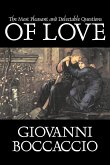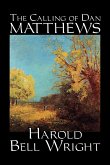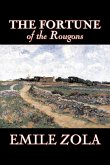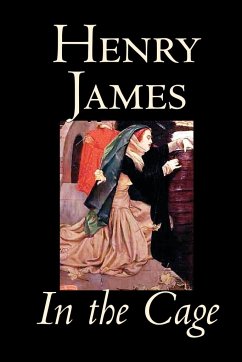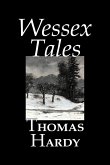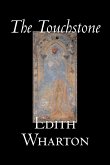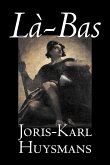In his surprising and entertaining "Profits of Religion," Upton Sinclair skewers religion in all its forms -- among them being the satirically dubbed "Bootstrap Lifters," "Wholesale Pickpockets Association" and "Churches of the Quacks." Every reader of this refreshing book will go with Sinclair "romping down the vista of the ages, swatting every venerable head that shows itself -- beating the dust out of ancient delusions!" With his acid-dipped pen the famous muckraker leaves no religious edifice standing -- whether Protestant, Roman Catholic, Theosophist, Christian Scientist, or Astrologist!
Bitte wählen Sie Ihr Anliegen aus.
Rechnungen
Retourenschein anfordern
Bestellstatus
Storno

